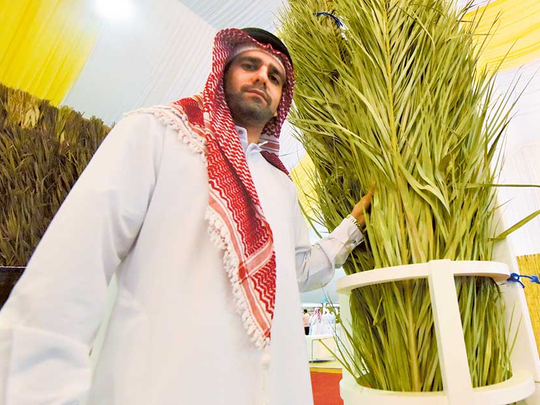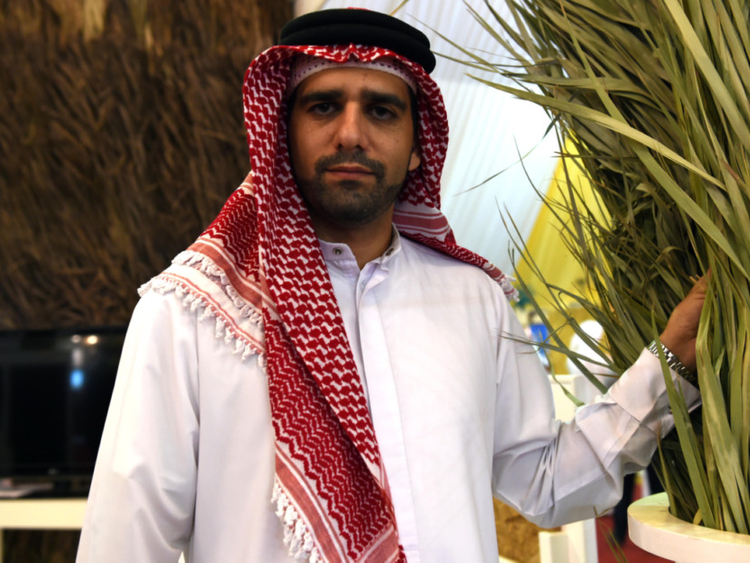
Abu Dhabi: Using an innovative way of recycling palm tree waste, a UAE-based company that is participating in the Liwa Date Festival has developed a sustainable and environmentally clean way of meeting the UAE’s high demand for wooden board products.
“The UAE imported roughly 1.25 million cubic metres of wooden board products in 2015 at a total cost of Dh1.6 billion — conversely, the country annually generates 500,000 tonnes of palm waste — waste that can be used to make wooden products, specifically from the fibre of the palm tree,” said Rami Farah, chief executive officer at Talah Board.
“The palm waste is often sent to landfills or it is burnt. So, instead of having all of this waste not being put to any use, we go to the farmers and ask them to give some of the waste to us, for which we also pay.
“So everything is environmentally clean and sustainable. We’re not actually cutting down any trees, we are taking the waste from the trees that are being thrown away and putting them to good use,” he added.
Farah said the company is currently building their factory where the fibre from the palm tree will be processed, and expect it to be completed some time next year.
“Once the factory is up and running, it will be a very straightforward system that will be put in place. The palm waste that is collected will be delivered by trucks. After that the fibre will be d cut into small pieces,” Farah explained. “The next process is to send these small pieces for conditioning until a stage is reached that creates a wooden board. After that the wooden product is sent to the storage and will be ready to be sent out and delivered once the orders are made,” he added.
Farah said he was positive about the benefits the technology could bring for the region and its residents.
“Many years were spent developing this technology with a lot of trials and tests. This project truly showcases the innovation of the region as it is a technology developed by the people of the area for the people of the area.
“The volume of imported wood into the UAE is really large but with this technology everything will be locally produced. This has a positive impact all the way down to the consumer because a big percentage of the costs that customers often pay for come from the importation,” he added.













